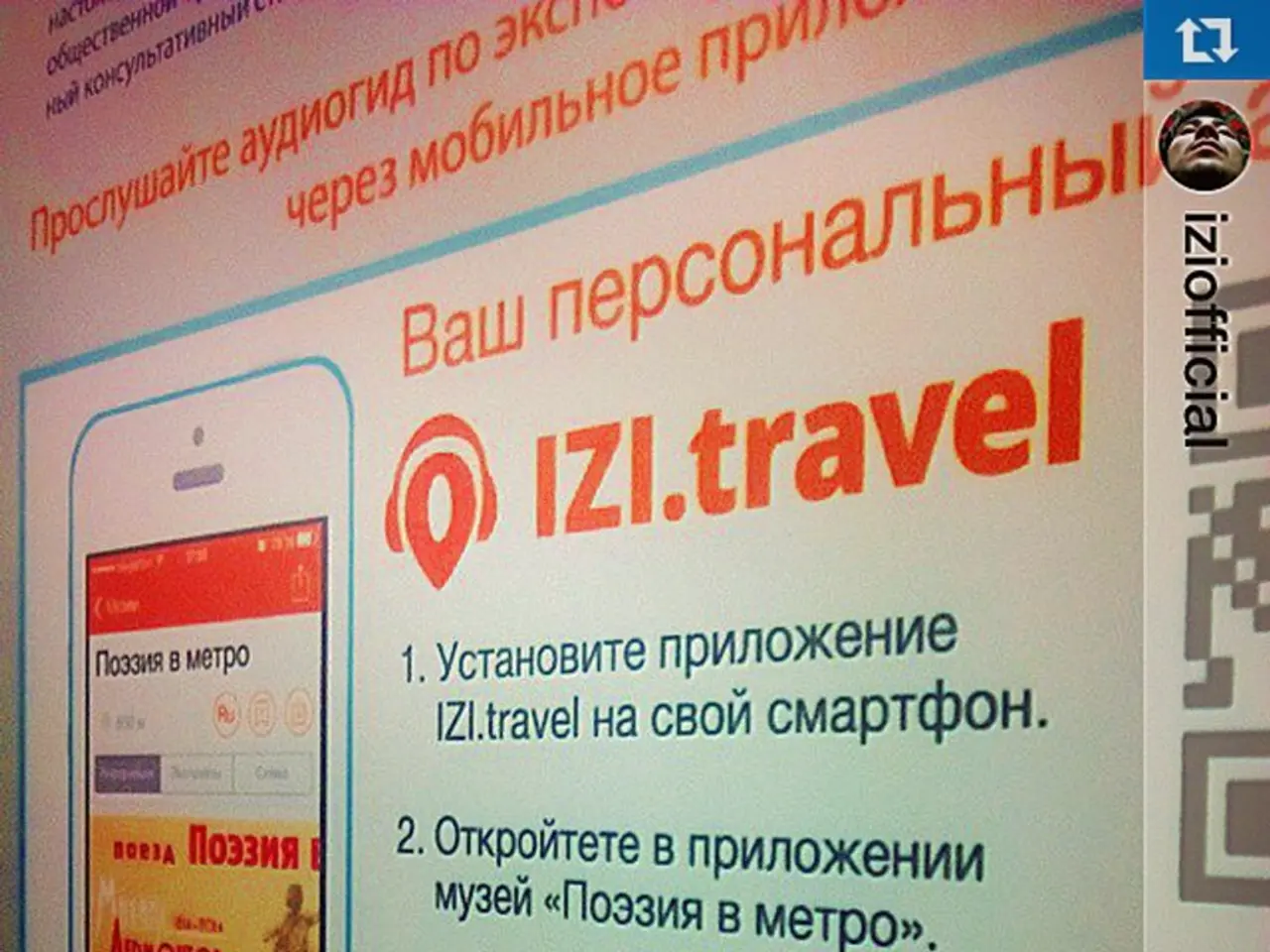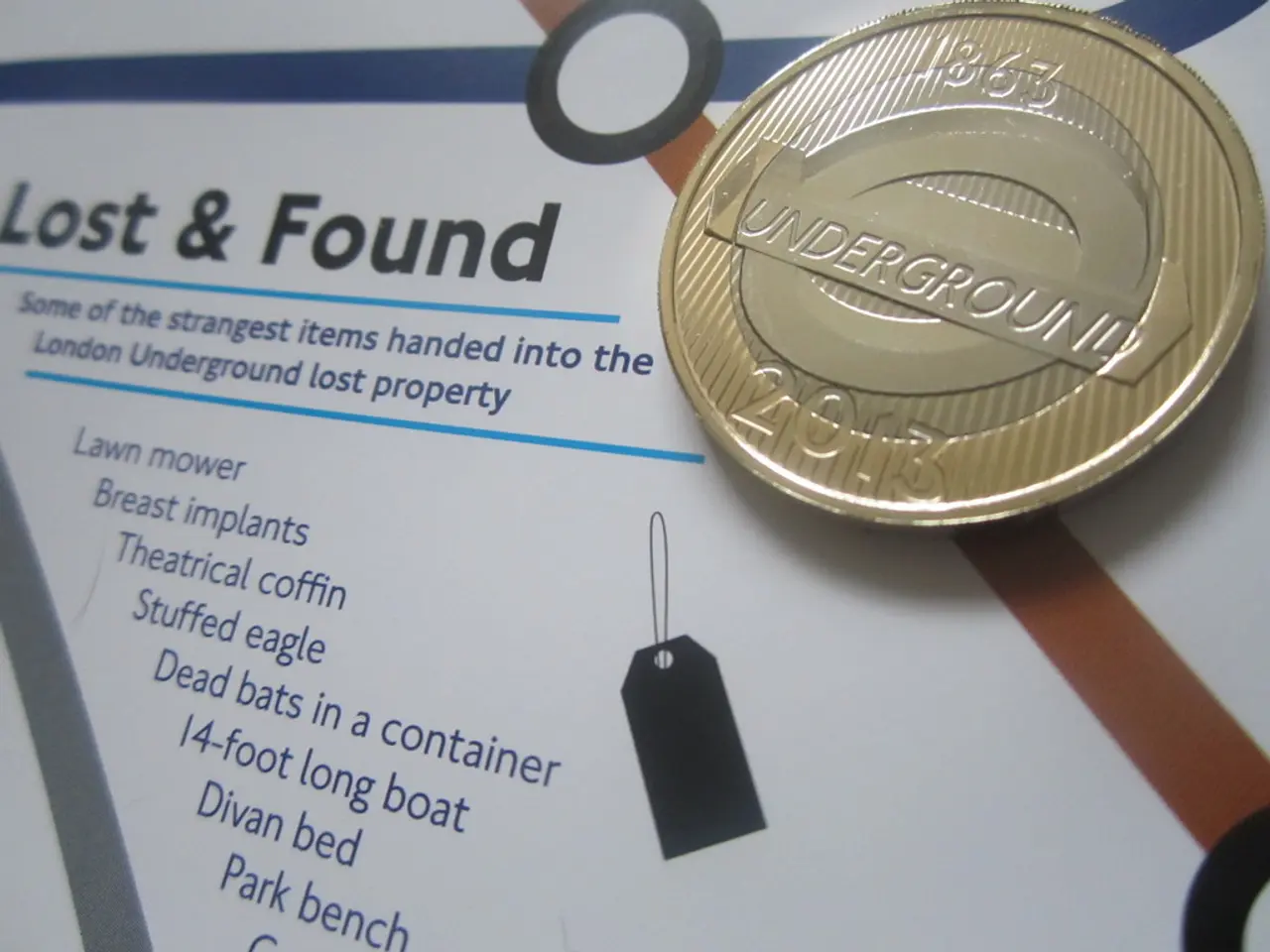Controversial Telecom Services Excise Tax Proposal in Nigeria Increases Industry Worries About Rising Consumer Expenses
In a move that has sent ripples through the telecom industry, the Nigeria Tax Bill 2024, now the Nigeria Tax Act 2025, has proposed a 5% increase in charges for data and voice services for telecom subscribers in Nigeria. This reintroduction of a contentious 5% excise tax on telecom services has raised concerns among industry leaders and operators.
The bill, signed into law by President Bola Ahmed Tinubu in late June 2025, aims to modernize and consolidate Nigeria's complex tax system, streamline compliance, and improve enforcement. However, the specific provision regarding the 5% excise tax on telecom services remains a point of contention.
The Association of Licensed Telecom Operators of Nigeria (ALTON), representing major players like MTN Nigeria, Airtel Nigeria, Globacom, and 9mobile, has expressed its concerns about the reintroduction of the 5% excise duty. Anthony Emoekpere, President of the Association of Telecommunications Companies of Nigeria (ATCON), has stated that telecom operators cannot absorb the cost of the proposed increase.
The telecom industry is already grappling with a burdensome tax regime. As of August 2024, telecom operators were reportedly contending with 54 different taxes. The recent 50% tariff hike on services has further unsettled the industry. The reintroduction of the 5% excise duty could exacerbate these challenges.
Leading providers like MTN Nigeria and Airtel Africa are only just starting to recover financially. MTN Nigeria reported a ₦133.7 billion ($83.1 million) profit after tax in Q1 2025, bouncing back from a ₦392.7 billion ($244.06 million) loss in 2024. The additional 5% tax could strain these recovering finances.
If reinstated, the 5% excise tax on telecom services would likely result in increased costs for subscribers, making telecommunications relatively more expensive. This could affect affordability and usage patterns for subscribers. However, the exact financial impact remains uncertain as the final provisions on excise tax for telecom services have not been detailed in the publicly available information.
The broader tax reform aims to simplify taxation, reduce inefficiency, and improve compliance, potentially benefiting Nigeria’s overall fiscal environment despite short-term cost increases in certain sectors. For definitive details on the excise tax on telecom services, monitoring official government and regulatory announcements as the law takes effect in 2026 is advisable.
In addition to the 5% excise duty, the Nigeria Tax Act 2025 includes a 0% Value Added Tax (VAT) on essential goods and services such as food, healthcare, education, rent, public transportation, and renewable energy. This move is expected to provide some relief to consumers in these sectors.
The reintroduction of the 5% excise duty on telecom services remains a topic of debate and concern within the industry. As the law takes effect in 2026, it is crucial to keep a close eye on official announcements for a clear understanding of the final provisions.
In the context of the debate surrounding the Nigeria Tax Act 2025, a concern among industry leaders is the potential impact of a 5% excise duty on telecom services on business operations and digital inclusion. If reinstated, this tax could strain the finances of service providers like MTN Nigeria and Airtel Africa, who are only just starting to recover, and potentially lead to increased costs for subscribers, affecting affordability and usage patterns.




